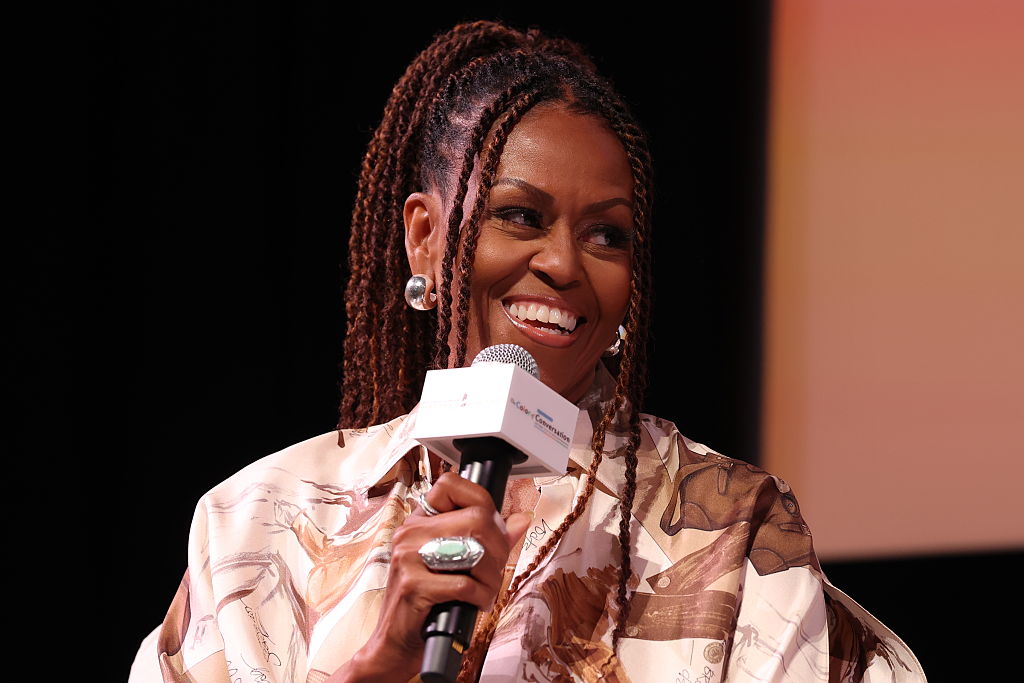It happens every year now: long, heavily-linked end-of-year book lists with the “best” 100 books of the year, or the 500 books from 2021 that everyone should read, or the year’s 50 most transgressive books.
The New York Times, for example, just published it’s “100 Notable Books of 2021.” Publishers Weekly has a list of the top 150 books of 2021, though it also provides a “best of the best” list of 10 books. NPR takes the prize for size so far. It has a list of the 369 “Books We Love” from 2021. Talk about indiscriminate passion.
There are some good books on these lists — Francis Spufford’s Light Perpetual, John McWhorter’s Woke Racism. How can there not be when they are so long, which is, of course, one problem with them. They aren’t selective enough to be useful.
The Millions, which probably started this frenzy for lists, hasn’t posted its nearly 100 “Year in Reading” columns yet, but it will shortly, I’m sure. I like that these lists are personal. I also like that they are not limited to books published in 2021. But there are so many of them.
The lists at The Washington Post and The Wall Street Journal are shorter. Here, too, there are some good books, but the Post in particular tends to focus on the buzzy books — books that have had splashy releases, that have been covered in all the major outlets, and that you’re already sick of reading about.
At the risk of stating the obvious, the best recommendations come from people and publications you trust. I like John Wilson’s annual “Year of Reading” list, which I hope he does again this year (here’s last year’s), and, of course, The Spectator’s “Books of the Year” column. How could I not?
In other news
Richard Rorty “thought that philosophy’s perennial abstractions—including Truth, human nature, and the Good—had by now led Western thought into a dead end and should be retired.” Was he right? George Scialabba explores.
Piper French reviews Amazon’s Mayor Pete for Jacobin: “The new Pete Buttigieg documentary reveals more about the failures and emptiness of today’s Democratic Party than it does about Buttigieg himself.”
The Tolkien estate has blocked an attempt to create a Lord of the Rings-themed cryptocurrency.
Beyond the meter wars: one of the most stubborn myths in contemporary poetry, Austin Allen writes, is that “Metrical verse is politically regressive unless proven otherwise. Free verse is politically progressive unless proven otherwise.” Hogwash.
What is a subscriber? “Do you mean ‘people who pay a news company hundreds of dollars a year’? Or ‘email addresses we have in a spreadsheet somewhere’?”
Henri Cole visits Elizabeth Bishop’s childhood home in Nova Scotia:
The elms were long ago dismantled and replaced by sugar maples whose dense crowns offer ample shade. The church bell is silent. The pump organ gathers dust. I see no geese or cows in the village. I picture Bishop’s maternal grandparents, the Bulmers (the l is silent; it’s sometimes spelled Boomer), lying one hundred years ago in the front bedroom under the sloping walls where I sleep now. There are no National Geographics on the shelves. No sewing machine chatters in the kitchen. No odor of coal gas lingers in the much-too-steep stairwell. No caged canary tweets out of loneliness.
The Toronto District School Board has cancelled an event with Nobel Peace Prize winner Nadia Murad because it might offend Muslim students:
The event was supposed to carry discussion on two books in presence of their authors — Marie Henein’s Nothing But the Truth: A Memoir and Nadia Murad’s The Last Girl: My Story of Captivity, and My Fight Against the Islamic State. The board said it has withdrawn support to hold the October event with Henein, the daughter of Egyptian immigrants and one of Canada’s most prominent lawyers, because her book was “problematic” as she “defended” former CBC host Jian Ghomeshi when he was accused of sexual assault. For Murad’s event, which was to be held in February 2022, the board said the book written by her could “promote Islamophobia” and “offend” their Muslim students. Murad, a Yazidi human rights activist, was 19 when she was taken as a sex slave in 2014 by the Islamic State militants who invaded her village in northern Iraq.
Miles Smith provides a short history of national flags in churches.
Lincoln Michel defends MFAs — sort of:
MFAs are in the discourse again thanks to a Substack article by Erik Hoel that argues (yet again) that MFAs are destroying literature, using the year 2006 as the time when there were “popular literary writers with widespread name recognition at the height of their powers and careers.” After that, MFAs blew it all up I guess. It is a bit surreal to see a time I remember as fraught with MFA debates held up as a golden age before the MFA decline. And pretty funny to see someone claim that no one critiques the influence of MFA programs when the exact same arguments are trotted out year after year.

























